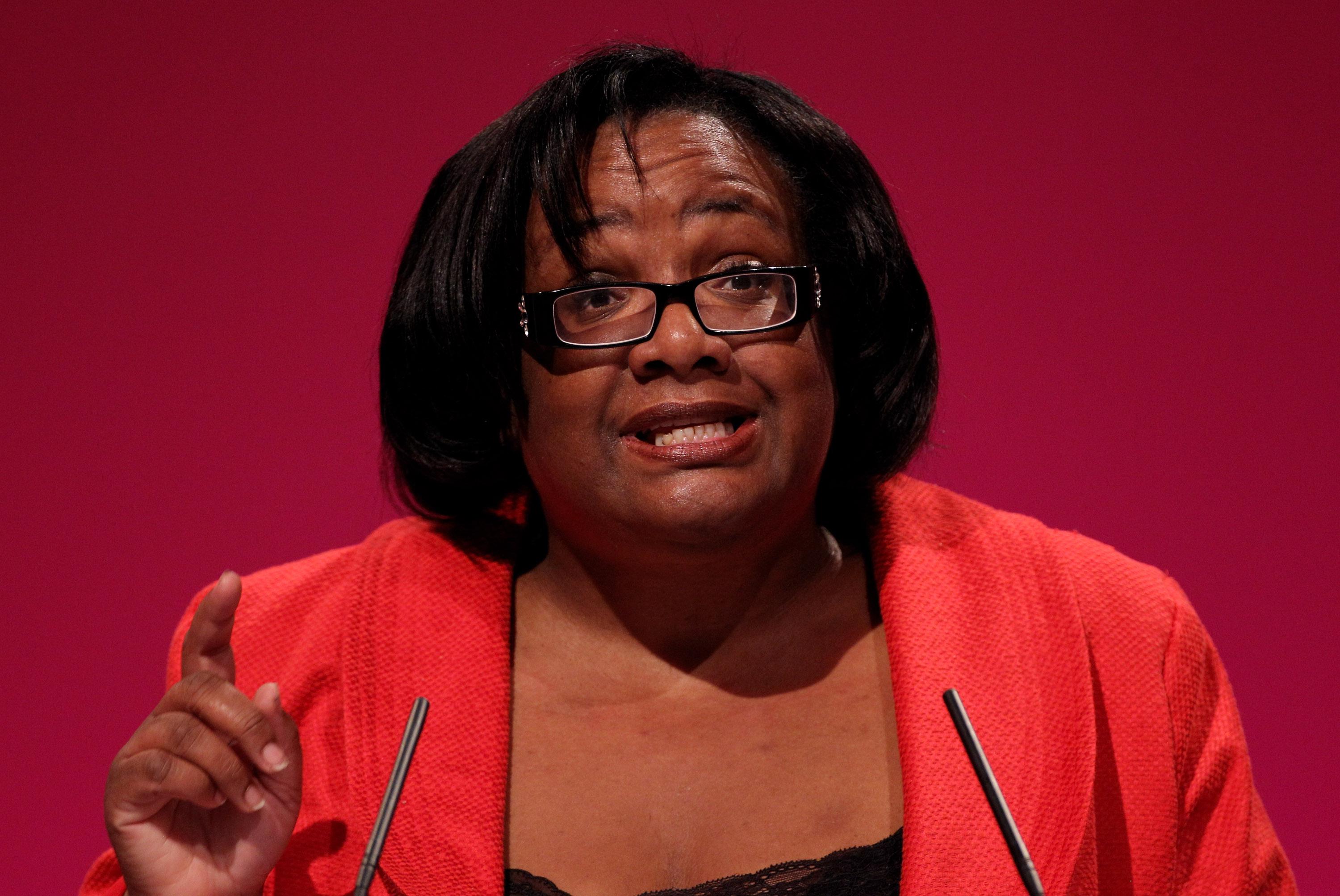LONDON—The U.K. woke up this morning to a familiar political drama—the quick approval of missile strikes on a rogue state, jointly operated with the United States, even though Britons disapproved of doing such a thing. It went to bed knowing that the approval would not go ahead after all, not quite as planned, and that any bombing of Syria will be contingent on more evidence and a two-step parliamentary vote. The reversal wasn’t entirely surprising, but it was embarrassing for a coalition goverment that owes its existence, in part, to the legacy of the Iraq War.
Here’s what happened. Prime Minister David Cameron, who’d been on vacation, cut that short and called the House of Commons back ahead of schedule to vote on some “response” to reports of chemical weapons attacks in Syria. On Wednesday he’d meet with advisers and work the votes; on Thursday the Conservative, Liberal Democrat, and Labour parties would urge their members to back a joint missile strike (with the United States) against (probably) airbases, chemical storage faciilities, and production sites.
The problem was that the party’s actual members of Parliament saw little reason to rush ahead. Cameron’s Conservatives are in power due to a coalition agreement with the Liberal Democrats. In 2003 every single Liberal Democrat had voted against declaring war on Iraq. In the next two elections, the Lib Dems* gained among anti-war voters who’d previously backed Labour; by 2010 they were in the position to help the Tories put together a government after an indecisive election.
Since then, as they’ve provided the ballast for Conservative initiatives (and given up on some of their good-government goals), their standing has collapsed. An intervention this week by still-respected former Lib Dem Leader Paddy Ashdown, who supported some sort of response to the chemical weapon attacks, was seen as evidence that the Lib Dems didn’t yet have the votes to back the missile strike.
Neither did Labour. Diane Abbott, the shadow health minister, suggested she would quit rather than endorse quick strikes, adding that “what Egypt and Libya have taught us is that these situations in the Middle East are complex.”** The Libya experience, a bit less raw than Iraq, was of a “no-fly zone” becoming a bombing campaign to help remove a rogue head of state. Both experiences cut into the possible support for intervention in Syria.
So did the rest of the Labour Party. According to multiple reports, Labour Leader Ed Miliband demanded conditions for any vote on Syria this week, including a vote from the U.N. Security Council (on arms inspectors’ findings) and a second parliamentary vote to approve intervention. More backstory: Three years ago Miliband defeated his brother David, for the leadership role, and David’s support for the Iraq War contributed to that.
What’s the upshot? Instead of a quick turnaround—advisers, evidence provided the United States, parliamentary approval—the U.K.’s role in any strike on Syria will depend on a few more boxes being checked. It’s the legacy of the Iraq debacle, and it’s quite a bit more hesitation than we’ll get in Washington. There, Republicans are “seeking answers” before any Syrian intervention, but not taking any concrete steps to prevent the president from the usual two-step: intervening, then returning to Congress after the fact with some War Powers-compliant explanation of why he intervened.
*and other, smaller third parties, most notably the Respect Party that adopted anti-war socialist George Galloway as a candidate; in 2005 he won a seat in a heavily Muslim constituency.
**Correction, Aug. 29, 2013: This post originally misspelled Diane Abbott’s first name.
